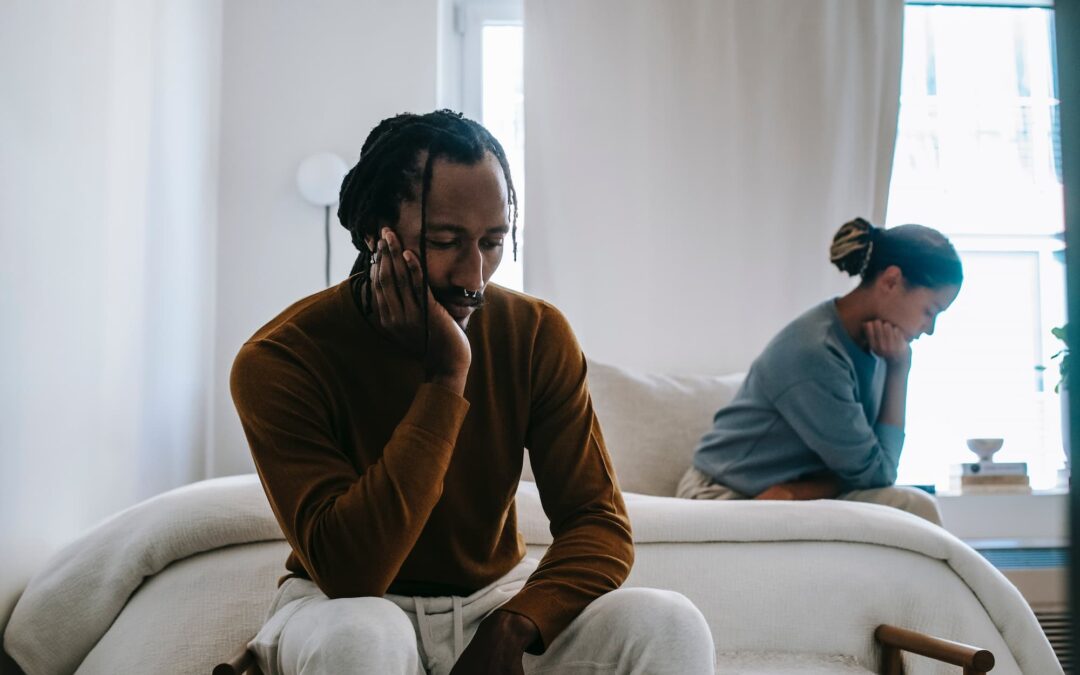Why do many people find themselves stuck in the inability to let go of their past, and therefore not able to proceed with healing from someone’s abuse/betrayal? Arguably, one of the main reasons is waiting for an apology from someone who’s to blame for their trauma.
It’s like they are giving someone who has already hurt them, and probably not even once, responsibility for their wellbeing. Why would we do it to ourselves when we know for a fact that this person doesn’t care and probably has never cared about us in the first place?
By the end of this post, I will share with you my tips on how you can stop sabotaging your recovery and start changing your life despite not receiving an apology.
What is it about someone’s apology that keeps us from healing?
Apology and Justice
First, we seek some sense of justice. Knowing that someone who has caused our pain is “paying” for their mistakes at least with their conscience often feels good. In fact, recently a paper was released that explained how functional brain connections impact our desire or need to punish people for their unfair behavior.
Apology and Validation
Second, I think an apology often validates our suffering (as if we need it). It acts as “proof” that what we have experienced wasn’t just made up in our minds, that we had a right to feel hurt. It’s especially true for people who identify as people-pleasers and are affected by others’ criticism. When their friends or family say they need to get over it, it’s not a big deal, etc., they start second-guessing themselves. In psychology, it’s called gaslighting.
Apology and Forgiveness
Third, many people think they need to forgive to heal and it’s much easier to forgive when someone admits their fault.
Apology and Healing
Finally, the representation of an apology and forgiveness in our society keeps us stuck. Interestingly, while writing this post I found that many articles (needless to say social media accounts) describe an apology as something healing. Of course, as a society, we want to encourage people to apologize, and very often it can even be transforming for the “wrongdoer”. But no, an apology itself doesn’t heal. It’s the meaning we assign to it that heals us. I think it’s important to acknowledge that.
Let’s say you’ve realized someone is simply never going to apologize. In fact, they don’t think they have done anything wrong and even view themselves as victims. Let me tell you, you still need to heal. And you can heal! I want you to find strength within yourself that will help you start this process.
How can we address these reasons that keep us in the process of waiting for an apology for healing?
- Sense of justice may temporarily feel good but long-term it most likely won’t set you free. In fact, it’s important to come to terms with the reality that some people may never feel bad about the damage they have done. You deserve a “happy ending” for yourself. Call it justice! It wasn’t fair what they did, but it’s even more unfair if you keep reliving your past over and over while they have moved on with their life.
2. Learn to validate yourself. It will take practice. At the end of the day, we are all social beings. If you really feel like you need that validation, share your story with people who you know will understand and support you. However, I would still encourage you to practice self-validation. Don’t gaslight yourself when others are gaslighting you. You know what you have endured. Own your truth!
3. Here is the unpopular opinion for you: you don’t need to forgive to heal. It may take years, or it will never happen that you are able to forgive someone. And I think it’s OK. Forgiveness is very personal. Some people find it easier to forgive than others, and it also depends on the amount of pain someone has caused. Most likely you will feel when/if you are able to forgive. You often can’t do anything to force or speed up this process. Don’t wait for an apology just because you think you must forgive.
Keep in mind, that not forgiving is not the same as holding grudges. If you feel like you are still angry and are contemplating revenge, it will postpone your healing. Achieving the feeling of indifference can be the answer for you.
4. Trust resources that tell you that you can heal yourself. As a Christian, I believe God will help and support us in this journey. However, don’t give other individuals the power of healing you. Especially those who chose to hurt you. People may talk about the importance of an apology all they want. But at the end of the day, forgiveness is an inner act, representing letting go of resentment towards our wrongdoers. It’s often accompanied by understanding and even empathy. Some of us will never reach that state and it should be normalized.
Let me know what you find yourself still waiting for an apology. What do you think is keeping you stuck?
~ Tren
To schedule a consultation with your therapist click here



Recent Comments